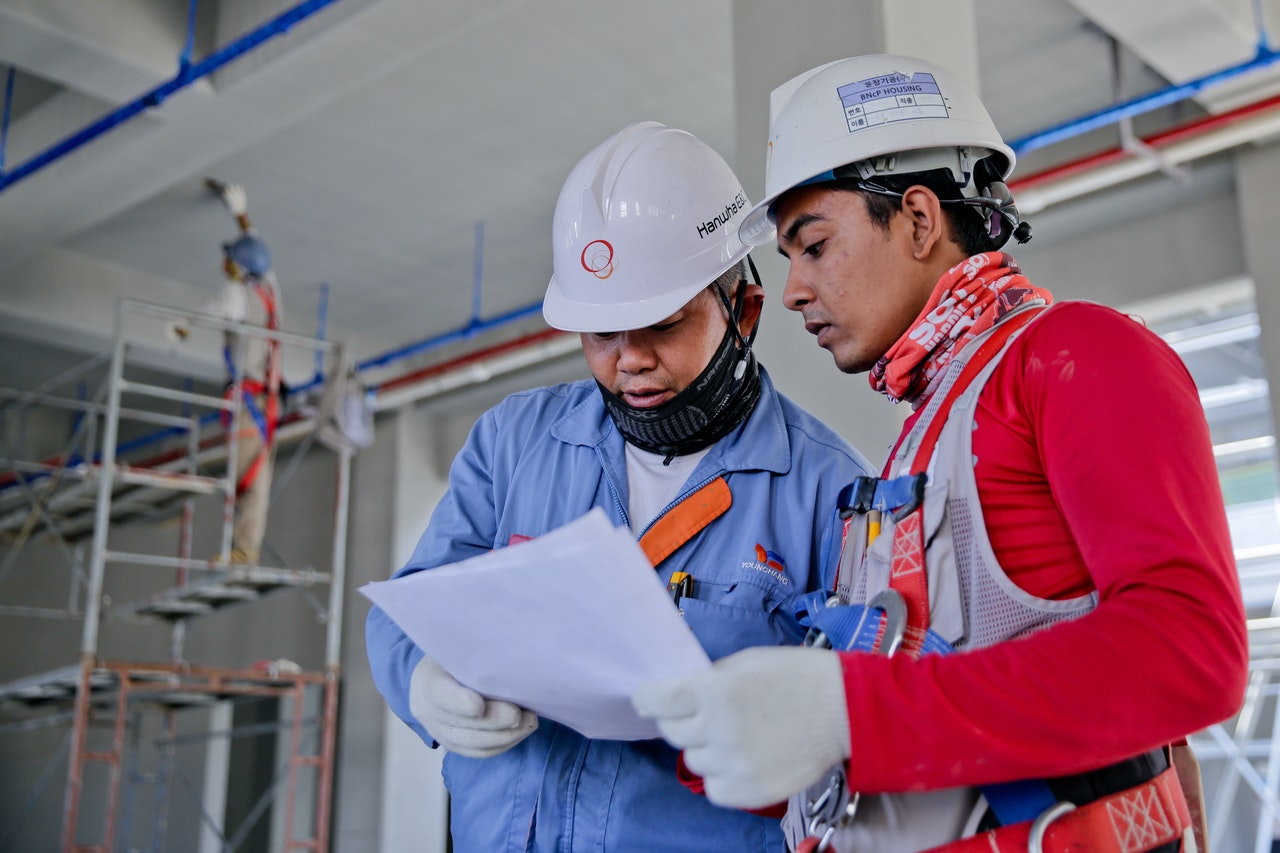The Malta Developers Association (MDA) has outlined its main priorities ahead of its official submission of proposals to be included in the Government Budget for 2023, with a sensible approach to bureaucracy and incentives for sustainable development taking centre stage.
Speaking to BusinessNow.mt against the backdrop of a sharp increase in energy prices that have seen Finance Minister Clyde Caruana pledge a €608 million war chest to combat price shocks in energy and food 2023, MDA president Michael Stivala says that a shift to more sustainable buildings is a must.
“This energy crisis is not the first, and won’t be the last,” he says, “so we believe that incentives aimed at making buildings more energy efficient are needed.”
This includes both incentives for the construction of ‘green’ developments as well as assistance to buyers choosing to purchase such homes, which may come at a higher price due to the additional features they could include, such as insulation.

The call ties in with national and European priorities to reduce carbon emissions over the coming decades, with home heating and cooling putting major pressure on Malta’s electricity grid, especially in the increasingly hot summers when refraining from air conditioning is hardly an option any longer.
The other headline proposal to be put forward by the MDA is a reduction of unproductive bureaucracy while ensuring that the sector – often making headlines for the wrong reasons as unsafe work practices lead to injury and even death – no longer remains a “free-for-all”.
Mr Stivala says that characterising the association’s call for more efficient bureaucratic procedures as merely a demand to cut red tape is reductive, and does not accurately represent its views.
“We are not asking to eliminate controls, documentation, and obligations,” he says. “We are not talking about that.”
Rather, the issues that “are making businesses sick and tired” are things like the time it takes to open a company or a bank account, processes, he says, that once took a week but now take months.
“This bureaucracy is costing the country hundreds of millions of euro,” he claims. “We need to work!”.
Turning to more sector-specific issues, Mr Stivala believes that certain requirements, like the issuance of compliance certificates, should no longer be part of the Planning Authority’s (PA) remit, but instead be the responsibility of warranted professionals.
Compliance certificates are the final go-ahead issued by the PA to ascertain that a development has been built in line with its permits, and are necessary to allow owners and tenants to take up residence in any newly built home.
The MDA president argues that allowing architects to conduct this work reduces the burden on PA staff.
“Authorities have a lack of staff, so what amounts to a simple box-ticking exercise ends up taking weeks. We often end up in a situation where the building is ready, people are waiting to move in, and everyone is stuck waiting for the short-staffed authority to find time to certify it.”
He says that architects are warranted professionals, and can therefore take on this responsibility with the due attention it requires, thereby eliminating a bottleneck from the system. The Periti Act of 2021, in fact, introduced Certificates to Practise for architects, issued on condition of their having professional indemnity insurance.
Similarly, Mr Stivala believes that the method statement for construction work should be the responsibility of the architects, engineers, and other professionals engaged by the developer.
Asked how this can work, in view of the failed attempt to ensure that all contractors undertaking potentially dangerous work, such as excavation, to get licensed, he says that the failure of the initiative was a “disappointment”.
“We took the initiative to improve the industry and set standards, but we were criticised for our attempt at self-regulation, as if we were doing something wrong. The reality is that now there’s nothing. We have been pressing authorities to set this up, but there is no clear way forward yet.”
In February 2021, Parliamentary Secretary for Construction Chris Agius indicated that new legislation mandating the licensing of contractors could be introduced by the end of that year.
Responding to questions sent by BusinessNow.mt earlier this year about any progress made in this regard, a spokesperson for the Parliamentary Secretary said, “Plans to enact the proposals in the Labour Party’s electoral manifesto are progressing.” No further comment was received.
Meanwhile, Mr Stivala asserts that the MDA is often understood badly: “We do not want a free-for-all. We want licensing. We want things done well, and professionally.”
He makes particular reference to the condominium management sector, which has recently set up its own association under the umbrella of the MDA. “Currently, people in this industry can open a business overnight without any qualifications, licences, or any other requirements. We have seen that this leads to negative results. That needs to change.”
He continues: “What we do not want, on the other hand, is time-consuming bureaucracy that does not result in anything. Ticking boxes for the sake of ticking them without any productive value. This is an issue that goes beyond our industry. And businesses are sick and tired of it.”
255 third-country nationals ordered to leave Malta in first quarter of 2025
Returns across EU rise, but Malta’s numbers remain modest
Inbound sea tourism dips by 2.3% in early 2025
The overall outlook for Malta’s tourism sector still remains optimistic
Transport Malta tight-lipped on enforcement plans for white taxis and coaches
Uncertainty also remains over the technology used and how enforcement will be applied






